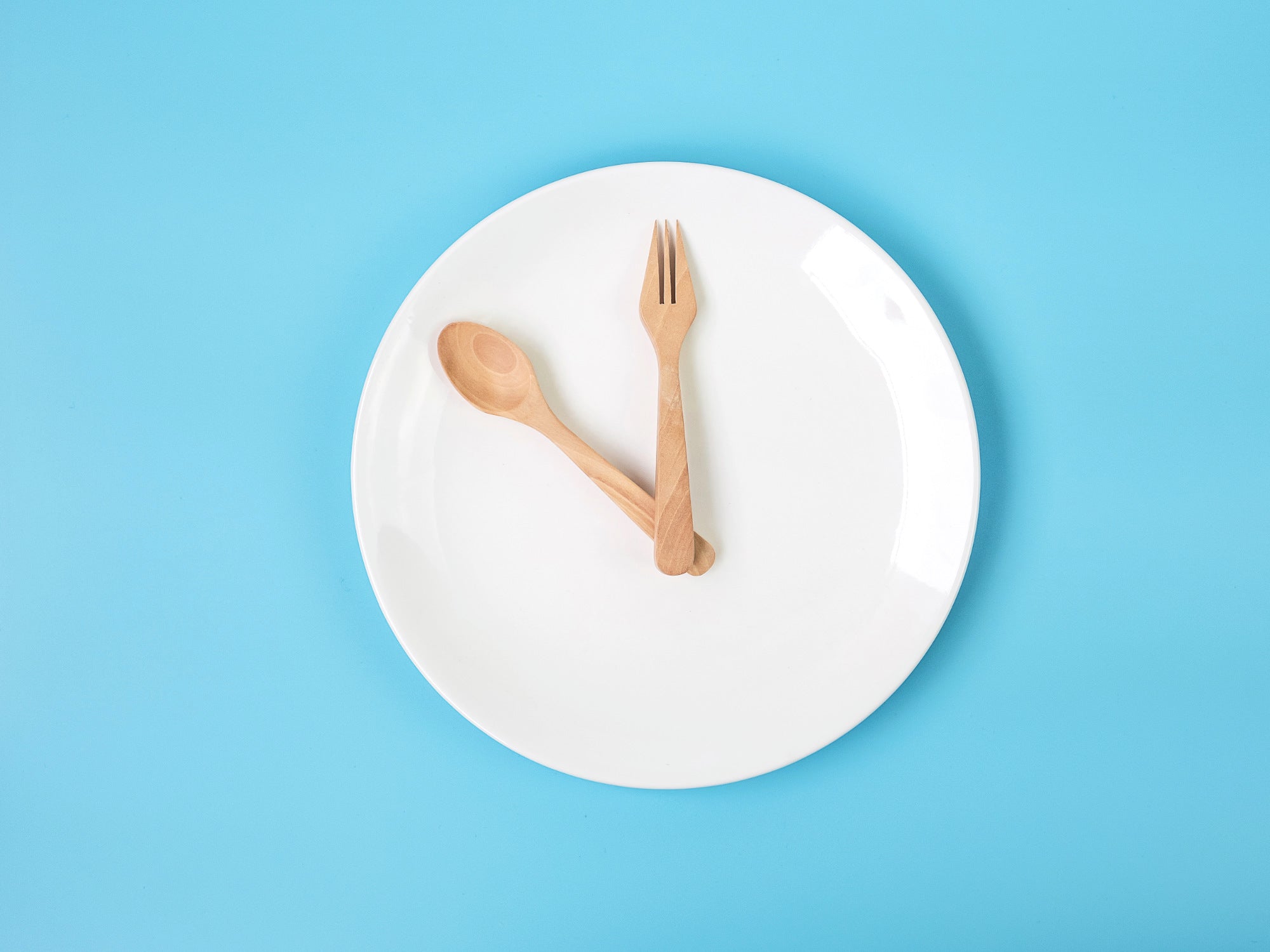
Intermittent Fasting Diet: Methods, Benefits, and Risks
Intermittent fasting diet, or intermittent fasting, has been a topic of discussion both in medical circles and on social media for years. Numerous international studies have been conducted, with prominent figures often highlighting how controlled and well-structured fasting, done methodically at specific times, can benefit the body.
Professor Umberto Veronesi always advocated the effectiveness of food deprivation once a week, while Italo-American nutritionist and biologist Valter Longo spoke of a "fast-mimicking" diet, with a controlled reduction in caloric intake for 5 days every 3 months.
The extreme is proposed by Japanese doctor Yoshinori Nagumo, who supports fasting not so much for metabolic and weight loss purposes but as an element of longevity and disease prevention. According to the Japanese scholar, one should eat only once a day, preferably in the evening.
This topic is also discussed by Matt Manson, a neuroscientist at Johns Hopkins University, and Rafael de Cabo, a gerontologist at the National Institute of Aging in Baltimore, always in relation to longevity and prevention of degenerative diseases.
Many different and similar ideas at the same time: but what does the intermittent fasting diet consist of?
Intermittent Fasting Diet: Different Methods
First of all, never rely on DIY methods. Especially with such a particular and "tough" dietary regimen for the body: online research is NOT enough, always seek advice from an expert nutritionist before starting any diet.
With that said, let's see the different existing approaches to intermittent fasting:
Method 5:2 – This involves eating normally for 5 days a week, without excluding any foods but paying attention to having a varied, balanced diet without too many excesses. These 5 days of "ordinary" eating are interspersed with 2 days of pseudo-fasting, where you consume about ¼ of the calories compared to a normal day. For example, if you consume about 2000kcal for 5 days, on the 2 fasting days you will only consume 500kcal.
Method 16/8 – This focuses on the hours of the day, extending the overnight fast. Essentially, breakfast is skipped, and the first meal of the day is consumed at noon, with the second around six in the evening. Thus, two daily meals within an 8-hour window, followed by 16 hours of complete fasting (water, green tea, or herbal teas are allowed).
Possible Benefits of Controlled Fasting
While undoubtedly challenging to follow, this dietary regimen seems to have positive impacts on some aspects of overall health. It is not a quick weight loss method, as many think, but scientists suggest it has positive influences on:
Cellular Aging, through a process known as autophagy, the self-elimination of old and damaged cells triggered by fasting.
Reduction of Blood Pressure, Lipids, and Excess Blood Sugars, although this is obviously impacted not just by how much/when you eat, but primarily by what you eat.
Inflammatory Levels, as eating less and less often would reduce general inflammatory levels and stress, also because having dinner very early improves sleep quality (nighttime snack lovers might disagree!).
Contraindications and Risks of Intermittent Fasting
Intermittent fasting is absolutely not recommended for anyone with pre-existing and chronic diseases, both physical and psychological, from diabetes to digestive problems, cardiovascular diseases to eating disorders.
Moreover, it is obviously to be avoided for women during pregnancy and breastfeeding, and for children and adolescents in growth phases.
Among the most common side effects are some "chemical" imbalances, especially in the early days of starting this regimen, which can lead to severe hunger, mood swings, and episodes of irritability and nervousness.
It is important to remember that, even if correctly followed under medical supervision, the intermittent fasting diet cannot and should not be constant over time but should be followed for short periods and alternated with "normal" eating.
Sources and Further Reading:
Johns Hopkins Medicine Fondazione Veronesi


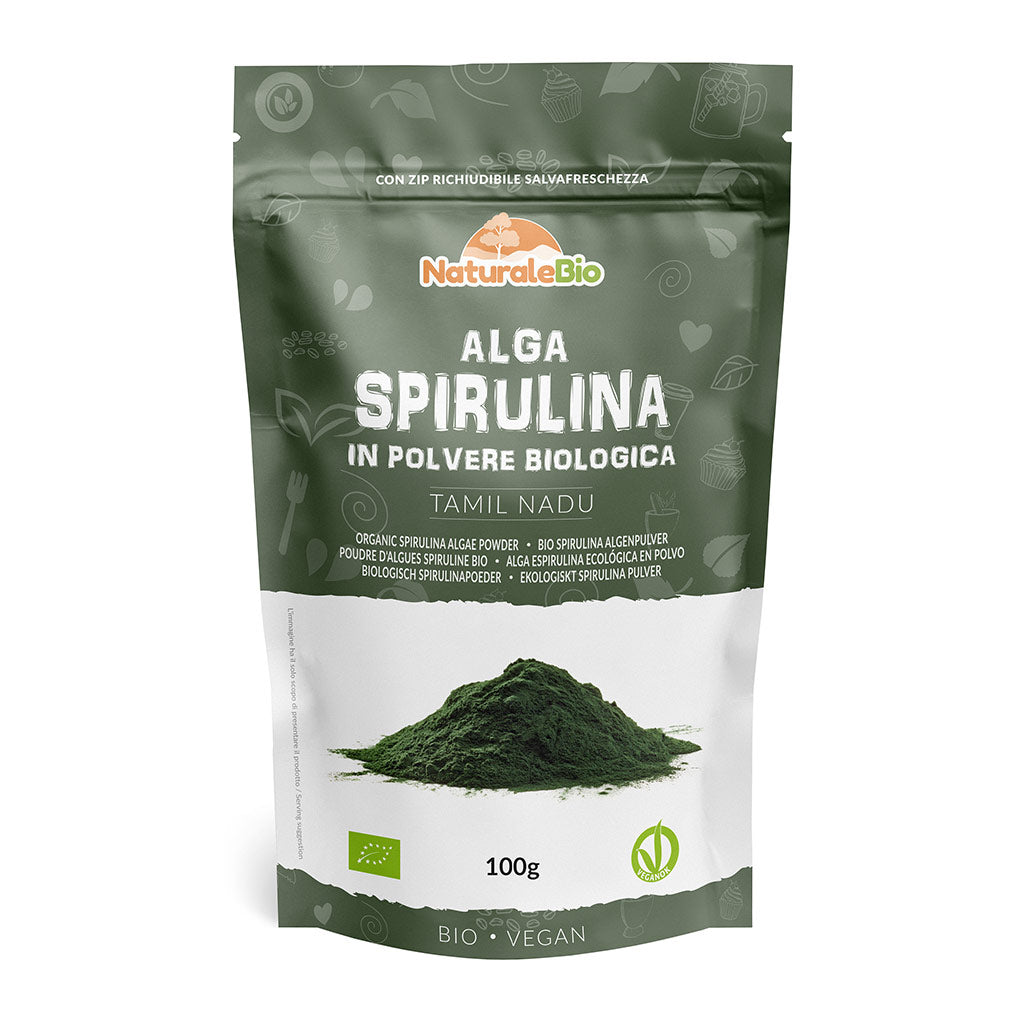
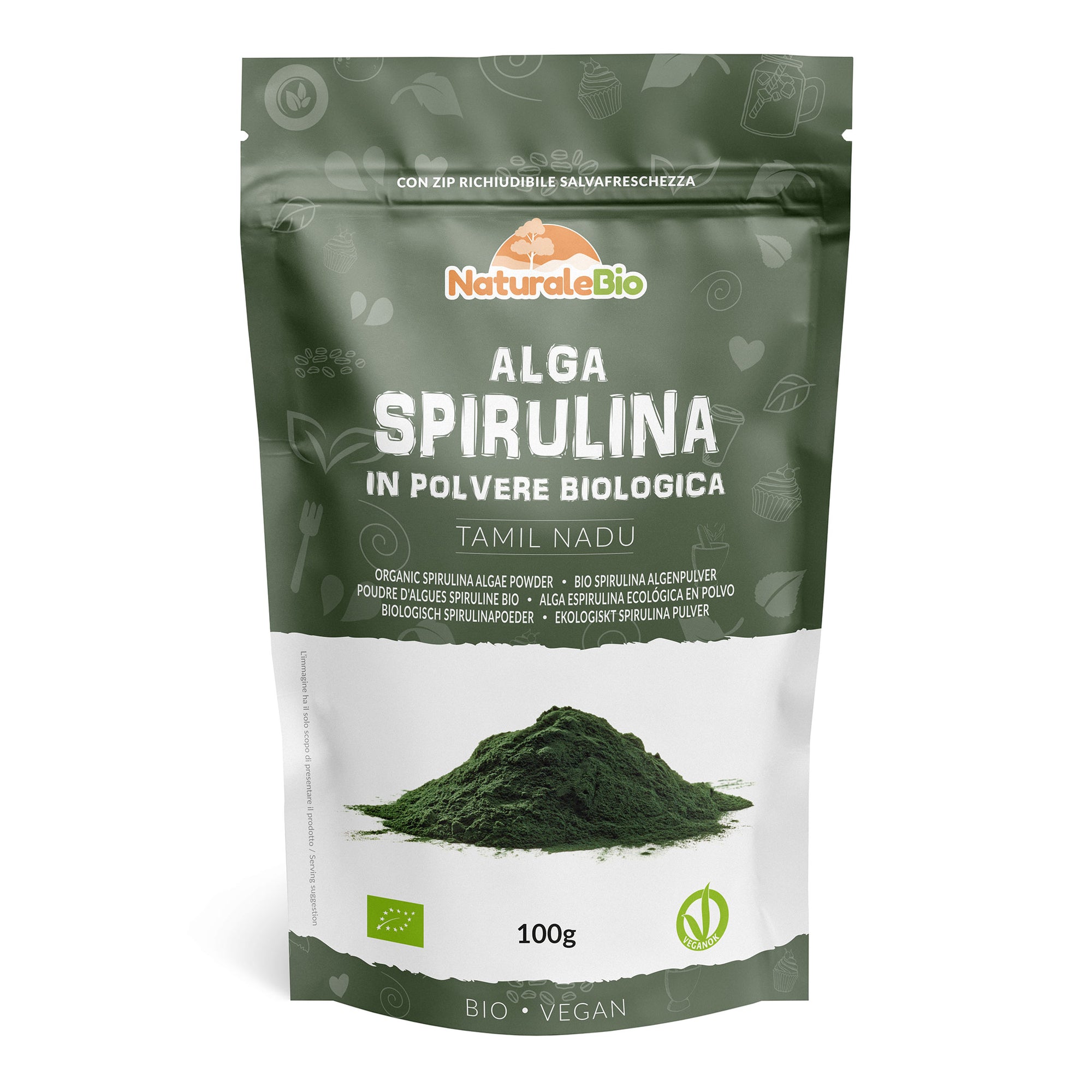
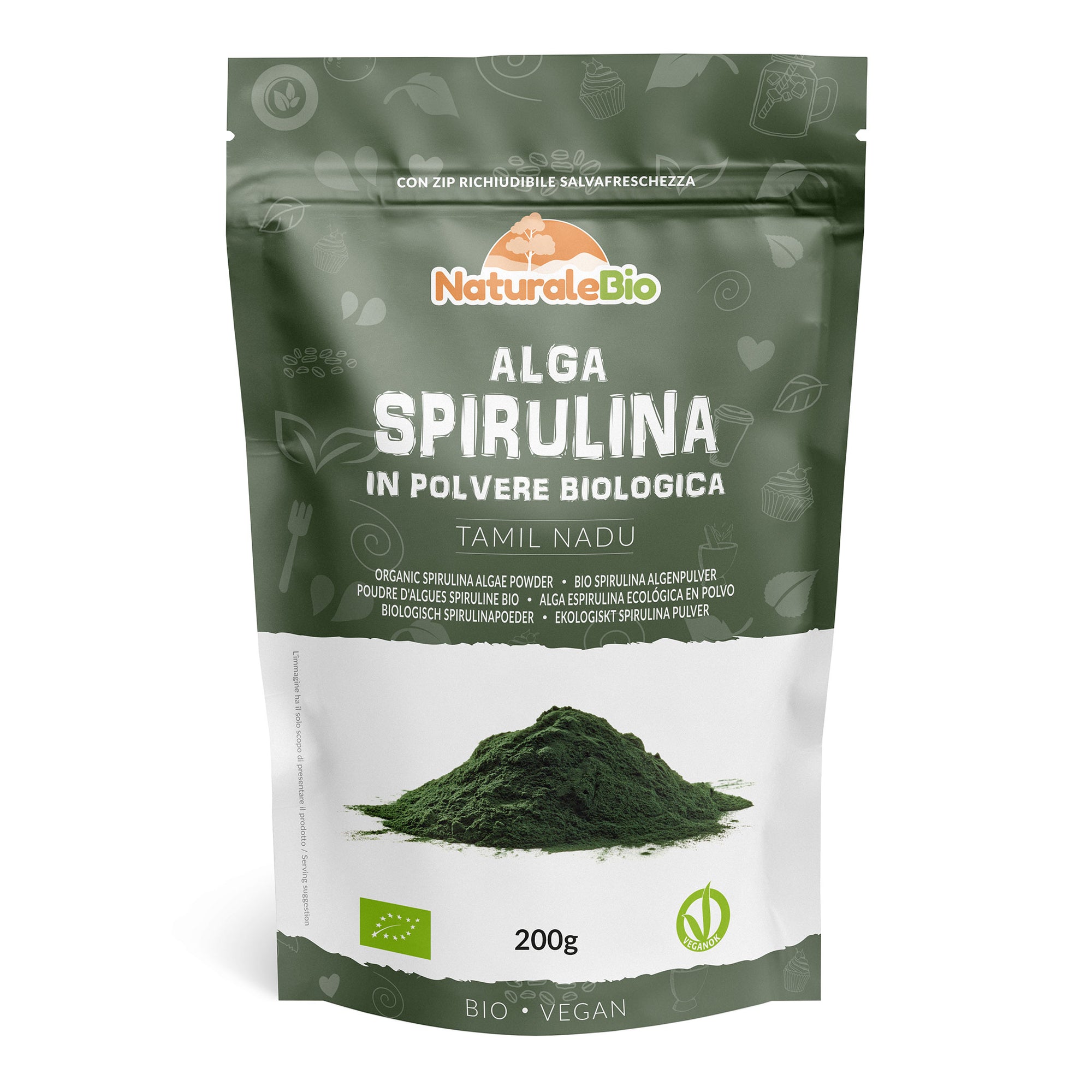
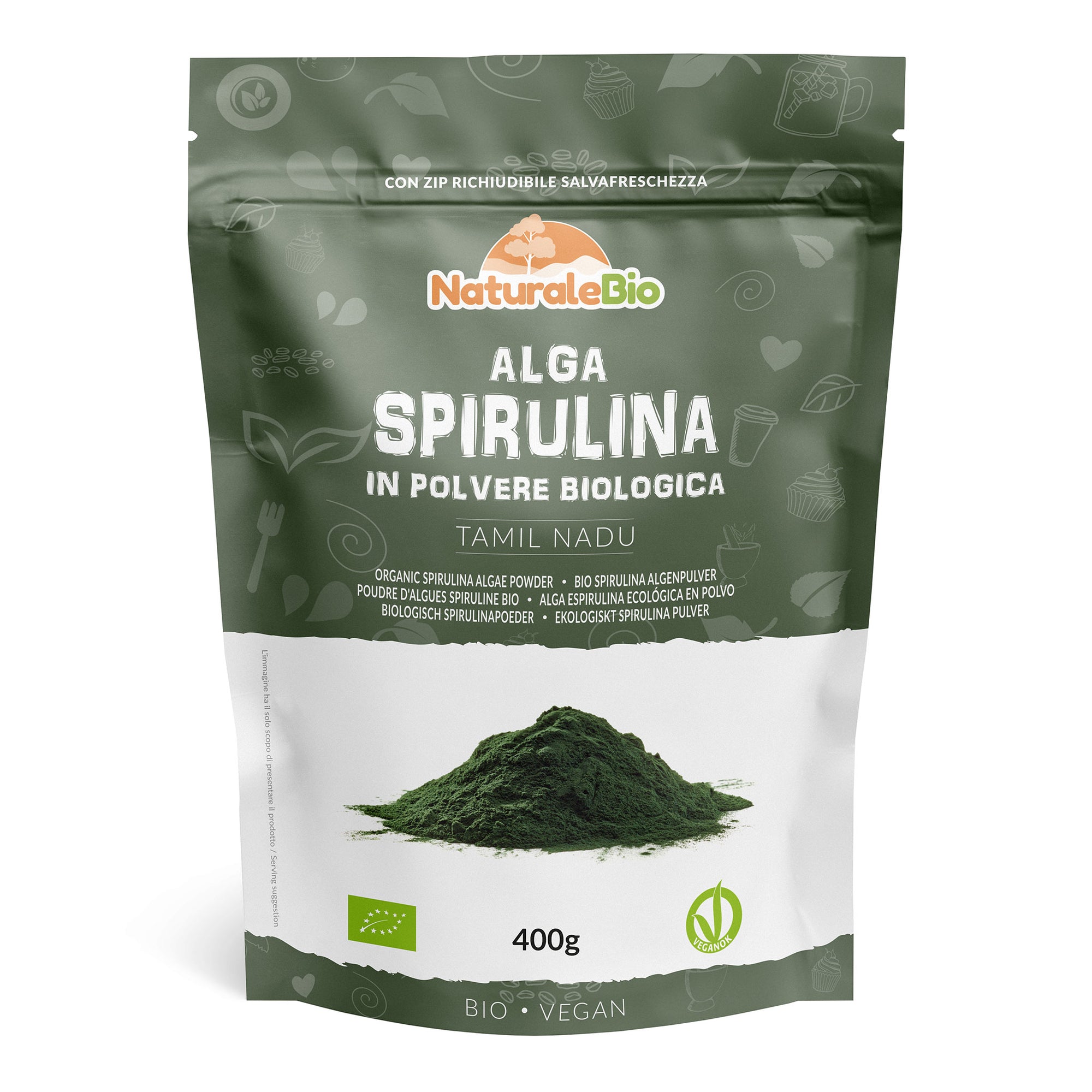
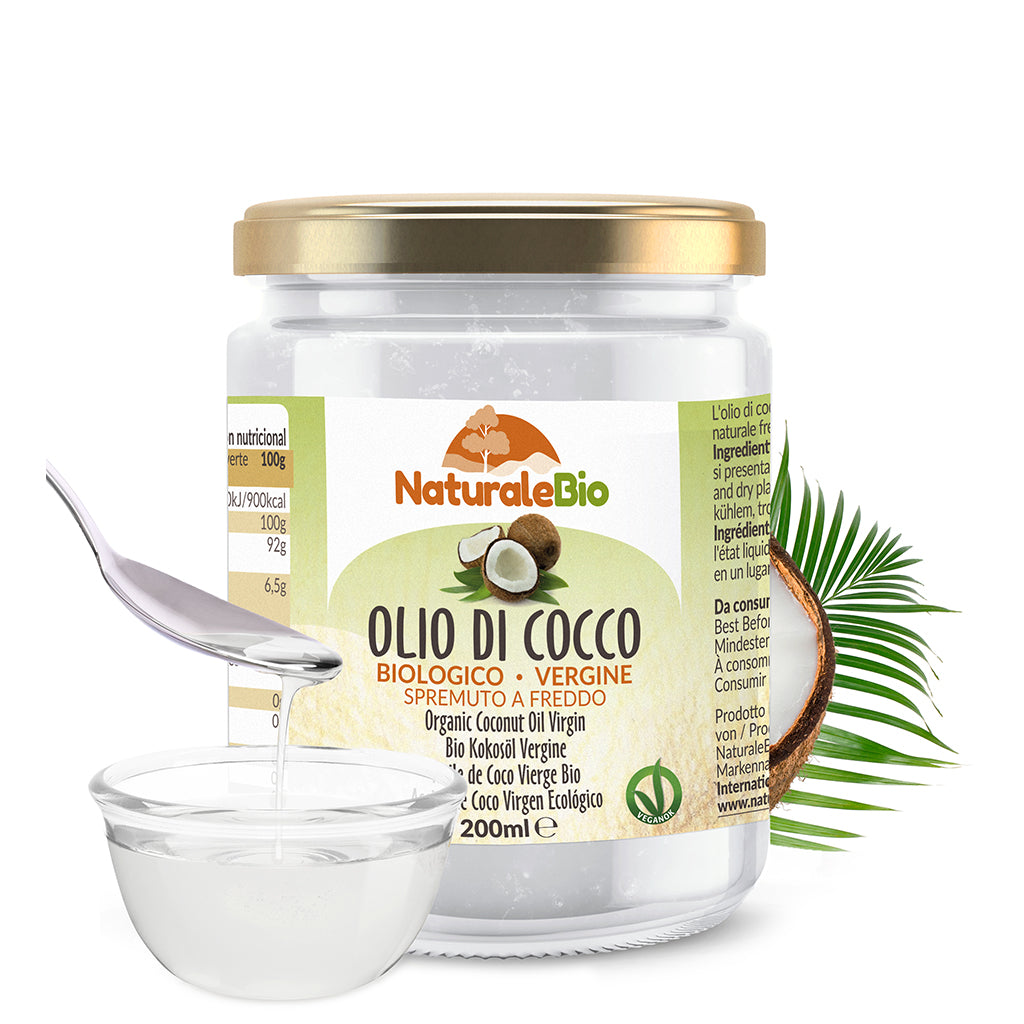
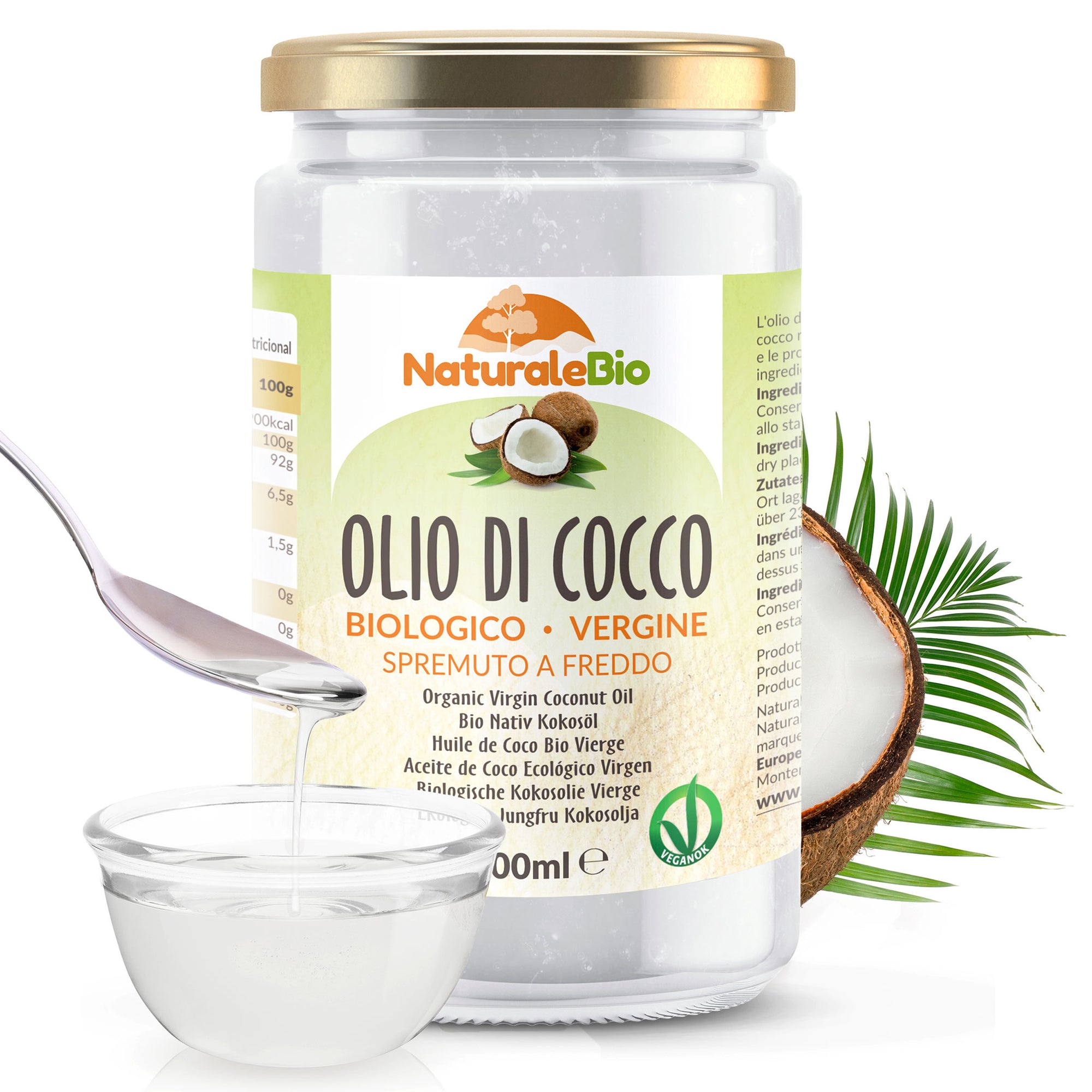






0 comments